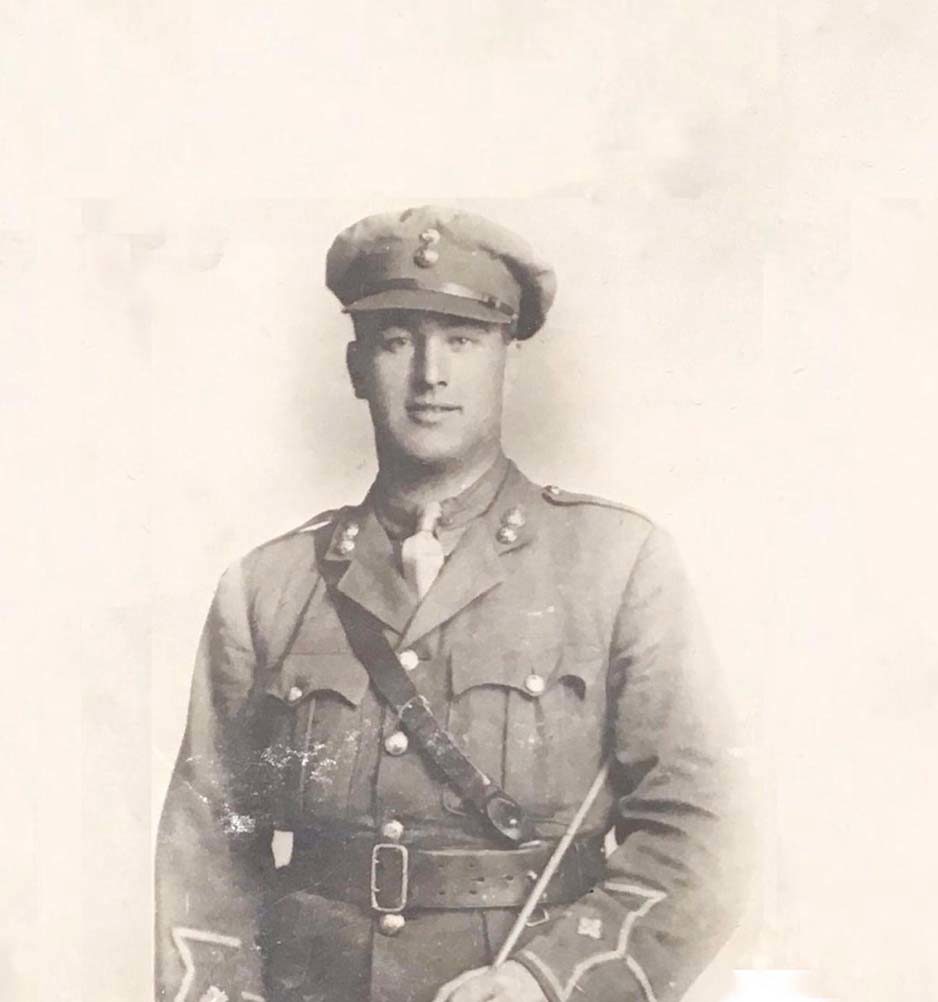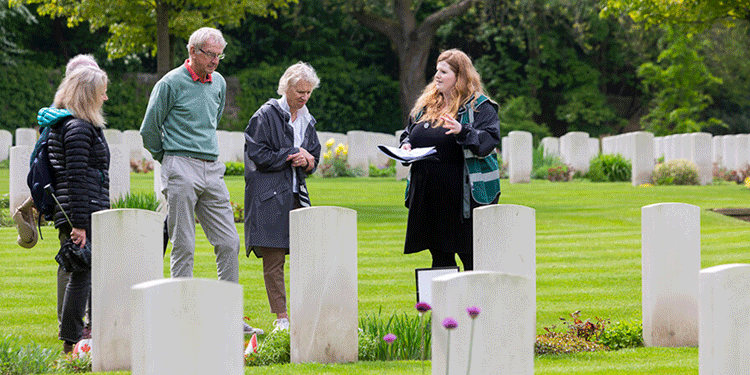
Fred Perrett was born on 9 May 1881 in Briton Ferry, a small industrial town in Wales.
With an imposing physique and solidly built thanks to his profession in metalwork, he joined Aberavon RFC at the age of 19 in 1912 and then Neath RFC. He quickly moved on to other clubs, and by the age of 21 his reputation as the best forward in the field had earned him selection as a prop in the Wales team for the Five Nations Tournament in 1913.
In his first international match, against South Africa, the team came close to victory but lost to a single penalty kick.
After an extraordinary season, he unexpectedly left the national team when he was offered a professional contract with Northern Union clubs, including Leeds: The Welsh press wrote that it was the largest sum paid for a forward at the time. He played a total of 23 games for Hull FC, where he was praised for his skill in the scrum.
His professional rugby career came to an end with the outbreak of the First World War. He enlisted with the 1st Battalion Welsh Guards in July 1915. Once on the continent in 1916, he took part in the Battles of Ypres and the Somme. Impressed by his conduct, his commanding officer recommended him for officer training. He was promoted to Second Lieutenant and joined the 17th Battalion, Royal Welsh Fusiliers in June 1917. At the front, he took part in a match between the Welsh division and the New Zealand division, which they won 13-9.
Wounded in April and again in October 1918, he participated in the assault on the Forêt de Mormal, near the river Sabre, in the North, on his return to the front. He was seriously wounded during an assault on a German machine-gun post on 4 November.
He died of his wounds on 1st December 1918 in a Red Cross Hospital in Boulogne. He was the last Welsh international rugby player to be killed in action during the First World War.
He is buried in Terlincthun British Cemetery, Wimille, Pas-de-Calais (Plot XII. Row A. Grave 18).
He left a wife and two sons.


